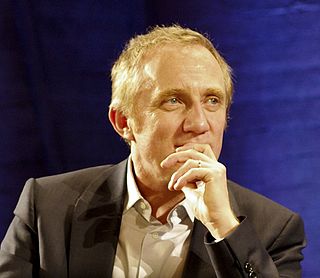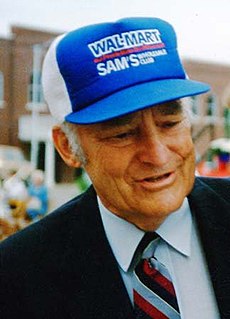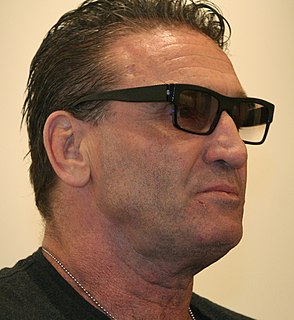A Quote by Karen Katz
For what we want to accomplish in the future, we have to be able to view everything from the eyes of the customer.
Quote Topics
Related Quotes
My view is that everything begins with the customer. If you know the customer, then you can match the merchandise and then you can market it. The marketing is kind of the icing. The foundation is the cake. That's the merchandise. Then the question is, "Do the customers want cake, or do they want cupcakes or donuts. What is it?"
The secret of successful retailing is to give your customers what they want. And really, if you think about it from the point of view of the customer, you want everything: a wide assortment of good quality merchandise; the lowest possible prices; guaranteed satisfaction with what you buy; friendly, knowledgeable service; convenient hours; free parking; a pleasant shopping experience.
Foremost is the principle that the purpose of consumer research is to understand the customer's needs and wishes, and thus design product and service that will provide better living for him in the future. A second principle is that no one can guess the future loss of business from a dissatisfied customer.
In my career, if you follow my career and watched everything that I've ever done from the time I was in high school to where I'm at now, I've always been able to reach the pinnacle. In football, I was able to win championships and go to bowl games in college, be an All-American linebacker, and there were a lot of things I was able to accomplish.
The outside-in discipline requires that you have an explicit customer-based reason for everything you do in the marketplace. Managers need to create what I call "customer pictures," verbal descriptions of customers that highlight the key customer characteristics and make those customers come alive. Although managers never know as much about customers as they want and need to know, the outside-in discipline requires that they construct customer pictures anyway, basing the pictures on whatever hard data they have plus hypotheses and intuition.


































